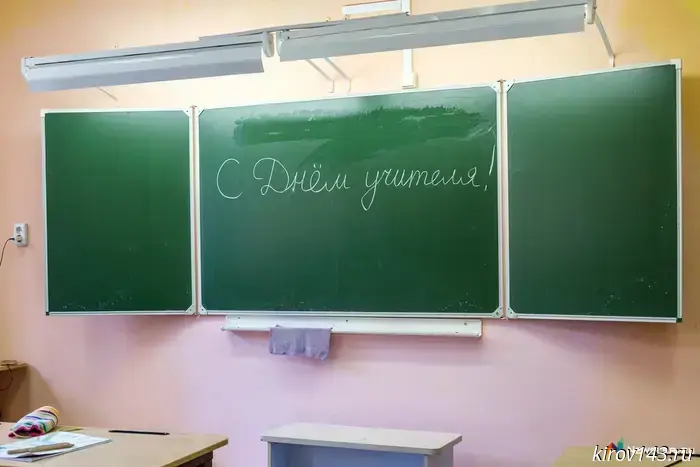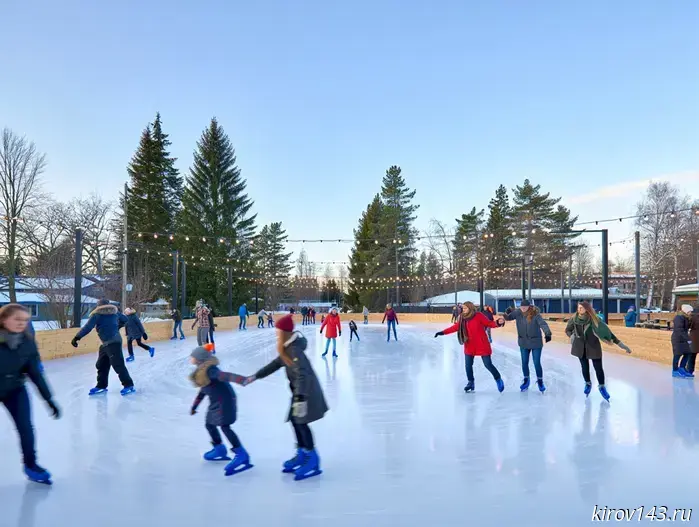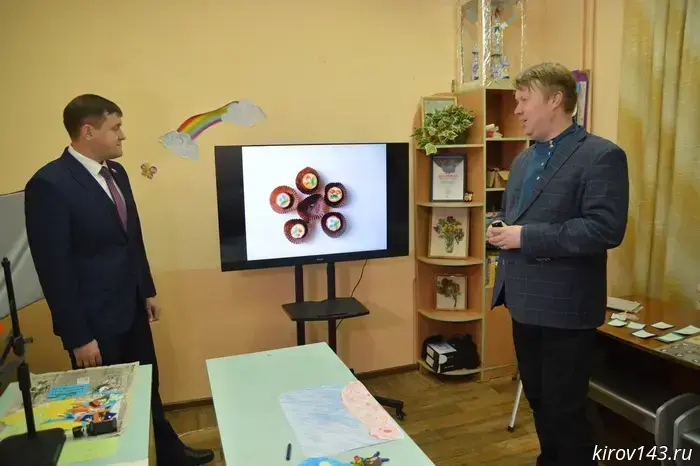
Future teachers do not want to work "on assignment".
Russia continues to face a shortage of young teachers: in 2025 the quota for targeted training for future teachers was filled by only 27.4%. This was reported by Kommersant newspaper with reference to data from the Ministry of Education and Science.
Of the 21.3 thousand places allocated for students admitted under targeted contracts in pedagogical fields, only 5.8 thousand were taken. That is slightly more than a year earlier (5.6%), but still far from the required levels. By comparison, in medical universities about 70% of state-funded students are admitted under targeted contracts.
What targeted training is
Students admitted under targeted contracts sign an agreement between the university, the future employer (for example, a school or a regional education ministry) and themselves. After graduation the graduate is obliged to work for three to five years at the institution with which the contract was signed. The employer, in turn, provides social guarantees to the student — a scholarship, housing compensation and other forms of support.
If the student does not fulfill the terms of the contract, they are obliged to return to the state the funds spent on their education.
In 2025 the government set a quota for targeted recruitment of teachers at 20–30% of state-funded places; however, it was filled only to 27.4% — i.e., less than a third.
Why teachers are reluctant to become targeted students
According to experts, the problem lies not only in poor promotion of the program but also in the conditions of the profession itself.
Ayrat Satdykov, director of the Project of the Directorate for Priority Educational Initiatives at RANEPA, said young teachers face heavy workloads, low pay and not always comfortable working conditions. As a result, a significant share of graduates leave schools within the first years.
Irina Abankina, professor at the HSE Institute of Education, also added that targeted training is unlikely to become a mass phenomenon. Many students at pedagogical universities are women who, after graduation, go on maternity leave or are not ready to relocate to another region for the required period of service.
The expert added that whereas medical graduates who do not go to state clinics often remain in the profession, graduates of pedagogical universities frequently do not work in their field at all.
In 2025, 78.6 thousand people entered pedagogical specialties, which is one thousand fewer than in 2024. Of these, only 5.8 thousand signed targeted contracts (7.4% of all state-funded students). In pedagogical colleges the situation is even worse: last year only 2.5% of students were enrolled under targeted recruitment.
The most in-demand program among targeted students was “Pedagogical Education with Two Training Profiles” — such specialists can teach two subjects at once (for example, biology and English).
Education Minister Sergey Kravtsov said it is necessary to develop and popularize targeted training so that pedagogical university graduates go to work in schools. However, experts believe that strict measures will not solve the problem unless the attractiveness of the profession is increased: salaries, working comfort and the status of the teacher.
Другие Новости Кирова (НЗК)
 Recruiting children will be punishable by life imprisonment.
The State Duma passed a bill in its first reading that introduces life imprisonment for inducing minors to engage in terrorist or sabotage activities. The deputies supported the decision unanimously.
Recruiting children will be punishable by life imprisonment.
The State Duma passed a bill in its first reading that introduces life imprisonment for inducing minors to engage in terrorist or sabotage activities. The deputies supported the decision unanimously.
 VyatGU students won first place in the categories at the regional stage of the "Student of the Year" award.
The team will be able to represent Kirov Oblast at the federal stage of the Russian National Award.
VyatGU students won first place in the categories at the regional stage of the "Student of the Year" award.
The team will be able to represent Kirov Oblast at the federal stage of the Russian National Award.
 Khlynov Bank is among the largest banks by assets.
Bank Khlynov is confidently continuing to expand its operations. As of the end of September 2025, Khlynov entered the top 100 largest Russian banks by assets and rose into the top 50 by the size of its corporate loan portfolio, according to the Banki.ru ranking.
Khlynov Bank is among the largest banks by assets.
Bank Khlynov is confidently continuing to expand its operations. As of the end of September 2025, Khlynov entered the top 100 largest Russian banks by assets and rose into the top 50 by the size of its corporate loan portfolio, according to the Banki.ru ranking.
 The ice rinks in Komintern and Gagarin Park will be flooded at a cost of nearly 1.2 million rubles.
Preparations for the winter season have begun in Kirov — two new ice rinks will be opened in the Pervomaisky District. The city's territorial administration is signing municipal contracts to set them up at a total cost of about 1.2 million rubles.
The Kaliningrad–Yekaterinburg flight made an unscheduled landing in Kirov.
One of the passengers died during the flight.
The ice rinks in Komintern and Gagarin Park will be flooded at a cost of nearly 1.2 million rubles.
Preparations for the winter season have begun in Kirov — two new ice rinks will be opened in the Pervomaisky District. The city's territorial administration is signing municipal contracts to set them up at a total cost of about 1.2 million rubles.
The Kaliningrad–Yekaterinburg flight made an unscheduled landing in Kirov.
One of the passengers died during the flight.
 New equipment has been purchased for Kirovo-Chepetsk supplementary education institutions.
At the initiative of Alexander Ivanishin, a deputy of the Legislative Assembly and chief technologist for the nitrogen cycle at the KChKhK branch of JSC OHK Uralchem, new equipment was purchased for five additional education institutions in Kirovo-Chepetsk. At his suggestion, the funds came from the regional fund for supporting citizens' initiatives, which are implemented with the support of the Governor of Kirov Oblast.
New equipment has been purchased for Kirovo-Chepetsk supplementary education institutions.
At the initiative of Alexander Ivanishin, a deputy of the Legislative Assembly and chief technologist for the nitrogen cycle at the KChKhK branch of JSC OHK Uralchem, new equipment was purchased for five additional education institutions in Kirovo-Chepetsk. At his suggestion, the funds came from the regional fund for supporting citizens' initiatives, which are implemented with the support of the Governor of Kirov Oblast.
Future teachers do not want to work "on assignment".
In Russia, only one in four students at pedagogical universities agreed to targeted training with a mandatory work obligation after graduation. Despite social guarantees and free education, young teachers increasingly choose freedom from obligations rather than a guaranteed position at a school.
